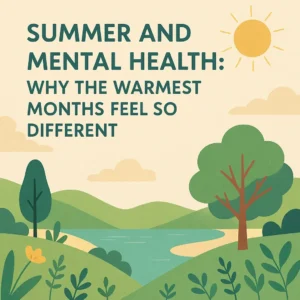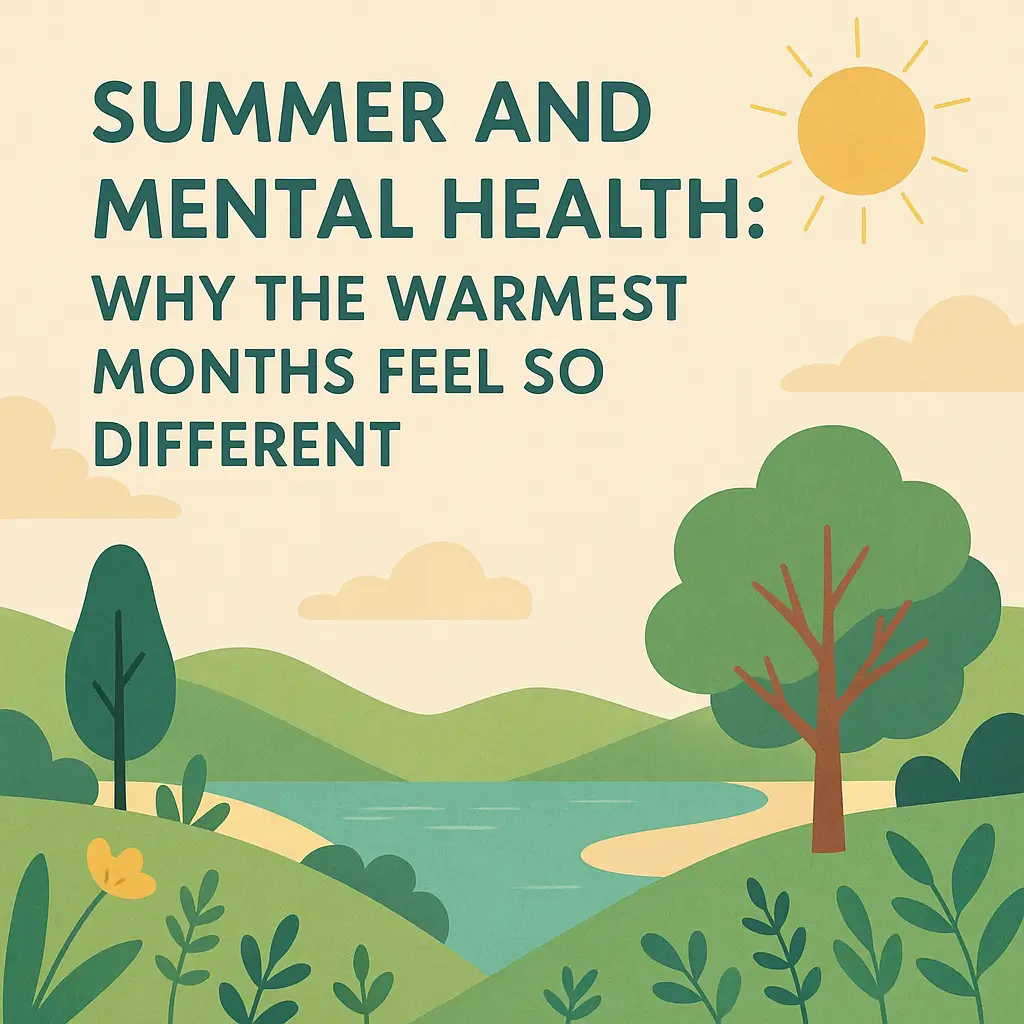I get many questions about worrying, being stressed, or feeling anxious. Although these are often related in some way or shape, there are a few important aspects to consider. So let’s take a closer look at how to worry, stress, and anxiety can impact your everyday happiness.
Worry happens in your mind, stress happens in your whole body, and anxiety happens in your mind and body. When worry, stress and anxiety appear in small amounts in your life, these can be helpful to keep you stay alert, on task, and productive. However, too much worry, stress, or anxiety has been shown to influence your daily positive attitude negatively.
Worry vs Stress & Anxiety
Everyone worries. Worry is a slow thinking process that calms your brain down. Wait. What? Yes, Worry likely causes you to problem-solve a problematic situation or take action to resolve something challenging. And when you resolve something, it helps you calm down.
Worrying is all about your interpretation of a situation. Worry happens when your mind revisits negative thoughts for hours or sometimes days, uncertain outcomes without a clear direction, or things that could go wrong even when you know they won’t. So when your thoughts about a particular event or situation get stuck and focus on uncertainty or negativity, your worry, as in problem-solving and action-taking, is no longer functional or helpful. Such can result in you having difficulties sleeping, feeling rested, or perhaps having a negative perception of life.
Stress vs Worry & Anxiety
Stress is a response that happens in your body. It is almost always connected to an external event. Stress only exists when there is a stressor or a triggering thought. Most stress can be quite helpful, as it prepares us for dealing with, for example, deadlines, and appointments, by signalling to our brain that we need to change because we are out of resources.
Stress is a natural response that helps protect us from a threat. Several substances, such as adrenaline and cortisol, are released to assist with dealing with the threat. Your body is getting ready to be in defensive or responsive mode by increasing your heart rate, getting rid of excessive heat (by sweating) and increasing the rate and intensity of your breath. This acute stress keeps us alert to respond when needed.
A stress response to a non-existing environmental threat (such as a negative thought) might make you feel stressed more than usual. Such chronic stress takes up a lot of physical and mental resources. Chronic stress results in your body staying in a threat-response-mode, which can result in health challenges, including exhaustion, weak immune system, difficulty sleeping, and other mental and physical challenges.

Anxiety vs Worry and Stress
Now let’s take a look at anxiety. When we are anxious, our brain and body are responding to a threat that is not real. Yes, the perception you have about the situation might be accurate. However, the threat itself does not exist. Think of anxiety as a false alarm: an event triggered a threat response, resulting in you having a physiological response (see stress), combined with automatic negative thoughts.
Anxiety exists in everyone. However, chronic anxiety with habits and avoidance behaviours can seriously impact the quality of your life, to the point where medical treatment and counselling or psychotherapy are needed to increase the quality of your life.
Here are a few things to do to help you regulate worry, stress, and anxiety:
- Limit your sugar and caffeine intake. These stimulants can have a significant impact on your stress response system.
- When you feel worried, acknowledge that worry and give that thought a set time to be processed. For example, say:, “Oh, that is a worry-thought. In two minutes, it is time for a different thought.”
- Set boundaries by understanding how much stress and to worry you are willing to process.
- List your anxious and automatic negative thoughts on paper, and make a pros and cons list.
If you are looking for more guidance to help you deal with worry, stress, and anxiety, why not make a free intake appointment with one of our STG counsellors ? Start exploring ways to help you continue a life worth living.















